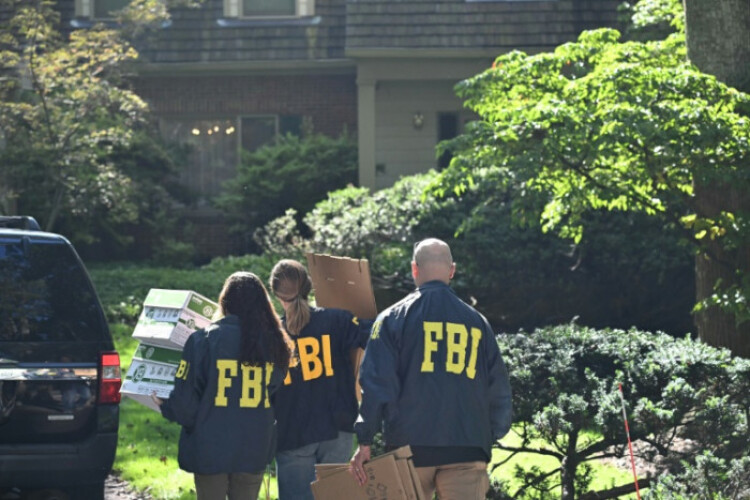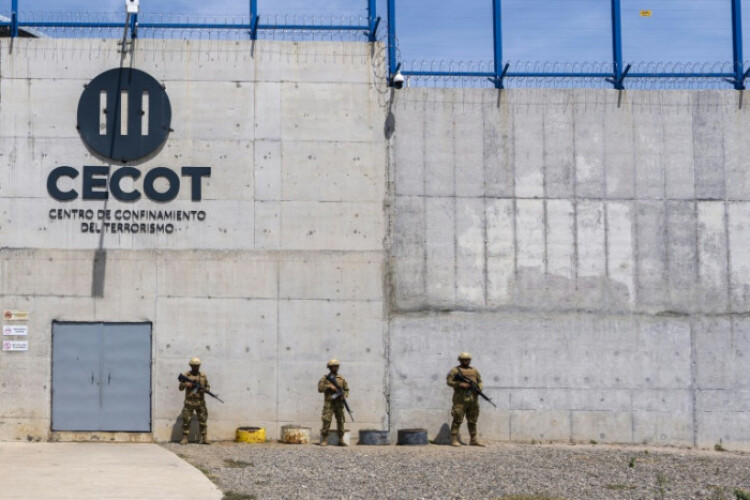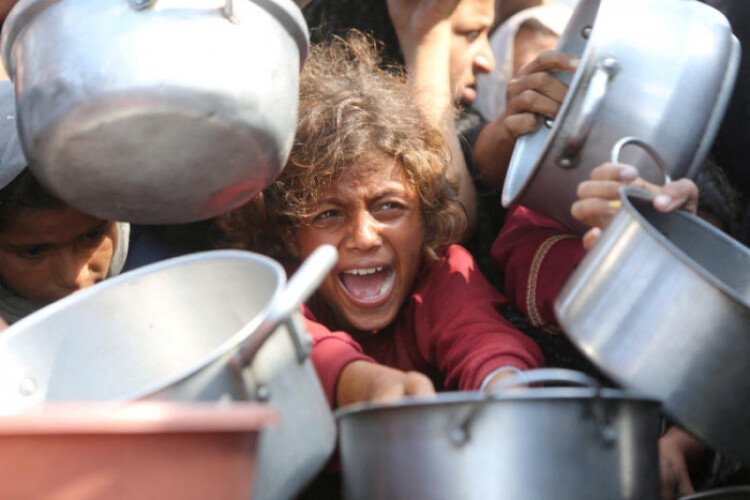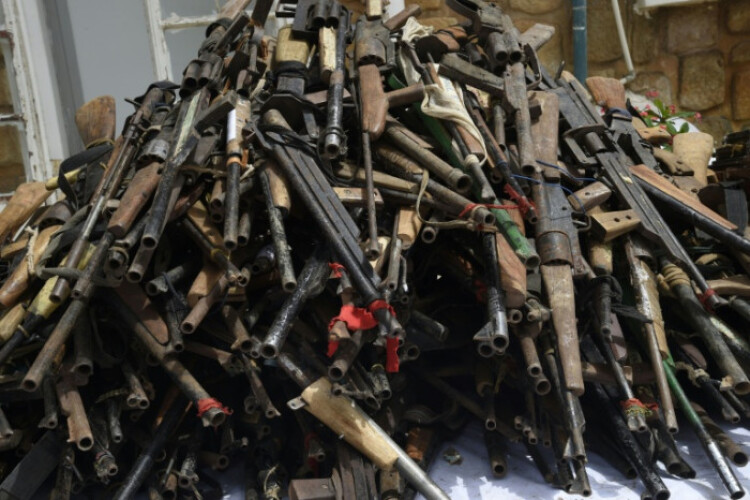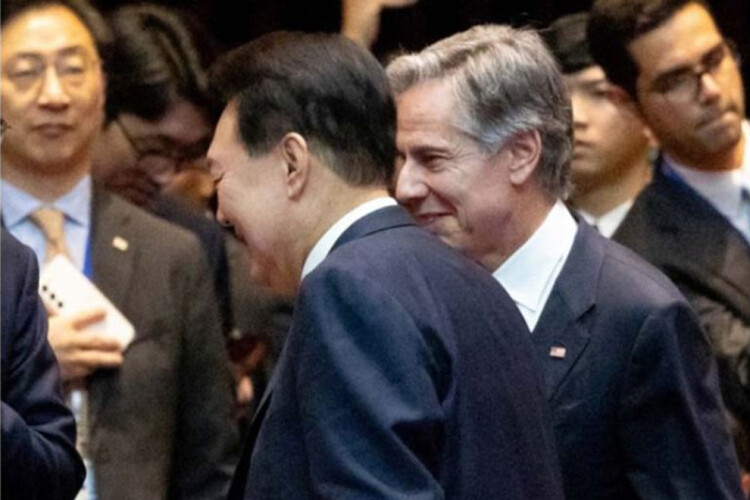
South Korea, the United States and Japan are accelerating efforts to convene a trilateral summit by the end of this year to bolster deterrence against North Korean threats and enhance regional security in light of rising Sino-US tensions.
President Yoon Suk Yeol’s National Security Adviser Shin Won-sik said in an interview with KBS Sunday that the three parties are “moderately building a consensus” for a standalone three-way summit “as soon as possible after” multilateral summits like the Asia-Pacific Economic Cooperation forum and the Group of 20 Summit scheduled in November.
Shin also said in a separate interview with TV Chosun Saturday that the three-way summit could take place either “on the sidelines of the APEC summit or in a standalone manner,” but the priority goes to a standalone meeting given the time constraint.
According to Yoon’s office, US Secretary of State Antony Blinken, who attended ASEAN Summit-related meetings on behalf of outgoing US President Joe Biden, relayed Biden’s intention to hold a summit of the leaders of South Korea, the US and Japan before the end of 2024 to carry forward the spirit of the Camp David summit in August 2023, as they met at a gala dinner hosted by Lao Prime Minister Sonexay Siphandone on Thursday.
Blinken’s message “heralds a continuity of the three-way cooperation mechanism between South Korea, the US and Japan regardless of the outcome of the US presidential election (in November),” a senior official of the presidential office said on condition of anonymity.
The US presidential election is scheduled on Nov. 5, just a week before the APEC Summit week in Peru.
If realized, the three-way summit would be a long-awaited follow-up to the Washington Declaration of the Camp David Summit in August 2023.
The summit signaled that the Seoul-Washington-Tokyo alliance could become one of the largest multilateral associations in the Indo-Pacific region given the “vast range of topics” the three sought to address together, according to experts. A second such summit, however, has yet to take place as Biden’s term draws to a close.
“Biden would want to institutionalize the subsequent measures for the Washington Declaration before the end of his presidency,” said Kim Hyun-wook, president of the think tank Sejong Institute.
Efforts are being made to make the summit a regular and institutionalized one regardless of who wins the US election. The senior diplomats of the three countries are set to meet in Seoul this week, South Korea’s foreign ministry said Sunday.
“If the trilateral summit takes place this year, the summits under the Washington Declaration will become precedents, so chances of a similar meeting next year would be very high,” said Park Won-gon, professor of North Korean Studies at Ewha Womans University.
Amid growing expectations for the second three-way summit this year, Russia expressed displeasure at these developments during last week’s East Asia Summit held during the ASEAN Summits in Laos.
Russia’s Foreign Minister Sergey Lavrov, who attended the summit on behalf of Russian President Vladimir Putin, said in a news conference Friday that US-led political associations, including the troika formed by South Korea, the US and Japan, are rather “fragmenting this common space by dividing it into friends and foes” and issuing a “purely political statement.”
Shin, in Sunday’s interview, hit back at Russia for “laying the blame on the trilateral cooperation of South Korea, the US and Japan during his speech at the East Asia Summit” with respect to the current geopolitical instabilities, adding he regretted that Russia was “increasingly resembling rogue states like North Korea, instead of properly fulfilling the role of a member of the United Nations Security Council.”
The East Asia Summit has 18 members, including the 10 ASEAN members, as well as Australia, China, India, Japan, New Zealand, Russia, South Korea and the United States.
Asia News Network/The Korea Herald
President Yoon Suk Yeol’s National Security Adviser Shin Won-sik said in an interview with KBS Sunday that the three parties are “moderately building a consensus” for a standalone three-way summit “as soon as possible after” multilateral summits like the Asia-Pacific Economic Cooperation forum and the Group of 20 Summit scheduled in November.
Shin also said in a separate interview with TV Chosun Saturday that the three-way summit could take place either “on the sidelines of the APEC summit or in a standalone manner,” but the priority goes to a standalone meeting given the time constraint.
According to Yoon’s office, US Secretary of State Antony Blinken, who attended ASEAN Summit-related meetings on behalf of outgoing US President Joe Biden, relayed Biden’s intention to hold a summit of the leaders of South Korea, the US and Japan before the end of 2024 to carry forward the spirit of the Camp David summit in August 2023, as they met at a gala dinner hosted by Lao Prime Minister Sonexay Siphandone on Thursday.
Blinken’s message “heralds a continuity of the three-way cooperation mechanism between South Korea, the US and Japan regardless of the outcome of the US presidential election (in November),” a senior official of the presidential office said on condition of anonymity.
The US presidential election is scheduled on Nov. 5, just a week before the APEC Summit week in Peru.
If realized, the three-way summit would be a long-awaited follow-up to the Washington Declaration of the Camp David Summit in August 2023.
The summit signaled that the Seoul-Washington-Tokyo alliance could become one of the largest multilateral associations in the Indo-Pacific region given the “vast range of topics” the three sought to address together, according to experts. A second such summit, however, has yet to take place as Biden’s term draws to a close.
“Biden would want to institutionalize the subsequent measures for the Washington Declaration before the end of his presidency,” said Kim Hyun-wook, president of the think tank Sejong Institute.
Efforts are being made to make the summit a regular and institutionalized one regardless of who wins the US election. The senior diplomats of the three countries are set to meet in Seoul this week, South Korea’s foreign ministry said Sunday.
“If the trilateral summit takes place this year, the summits under the Washington Declaration will become precedents, so chances of a similar meeting next year would be very high,” said Park Won-gon, professor of North Korean Studies at Ewha Womans University.
Amid growing expectations for the second three-way summit this year, Russia expressed displeasure at these developments during last week’s East Asia Summit held during the ASEAN Summits in Laos.
Russia’s Foreign Minister Sergey Lavrov, who attended the summit on behalf of Russian President Vladimir Putin, said in a news conference Friday that US-led political associations, including the troika formed by South Korea, the US and Japan, are rather “fragmenting this common space by dividing it into friends and foes” and issuing a “purely political statement.”
Shin, in Sunday’s interview, hit back at Russia for “laying the blame on the trilateral cooperation of South Korea, the US and Japan during his speech at the East Asia Summit” with respect to the current geopolitical instabilities, adding he regretted that Russia was “increasingly resembling rogue states like North Korea, instead of properly fulfilling the role of a member of the United Nations Security Council.”
The East Asia Summit has 18 members, including the 10 ASEAN members, as well as Australia, China, India, Japan, New Zealand, Russia, South Korea and the United States.
Asia News Network/The Korea Herald

